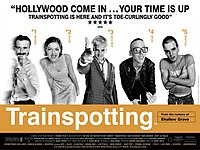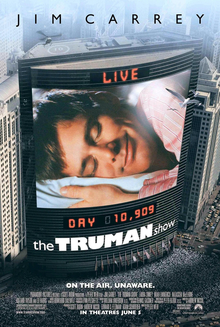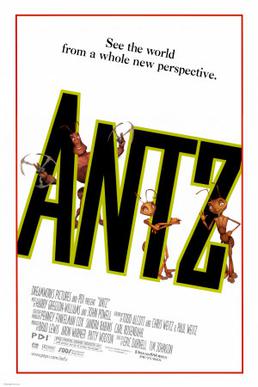Lists






6 Books
Future reads
Sort by:
Recent Desc
More lists by Christtofer Gibson III



Movies not yet viewed
List includes: Trainspotting, Ace Ventura: When Nature Calls, Inglourious Basterds
October 2020
1
@christtofergibsoniii



Movies to recommend
List includes: The Truman Show, Antz, Idle Hands
March 2020
0
@christtofergibsoniii


Future series
List includes: Mad Men, Firefly, 30 Rock
March 2020
0
@christtofergibsoniii